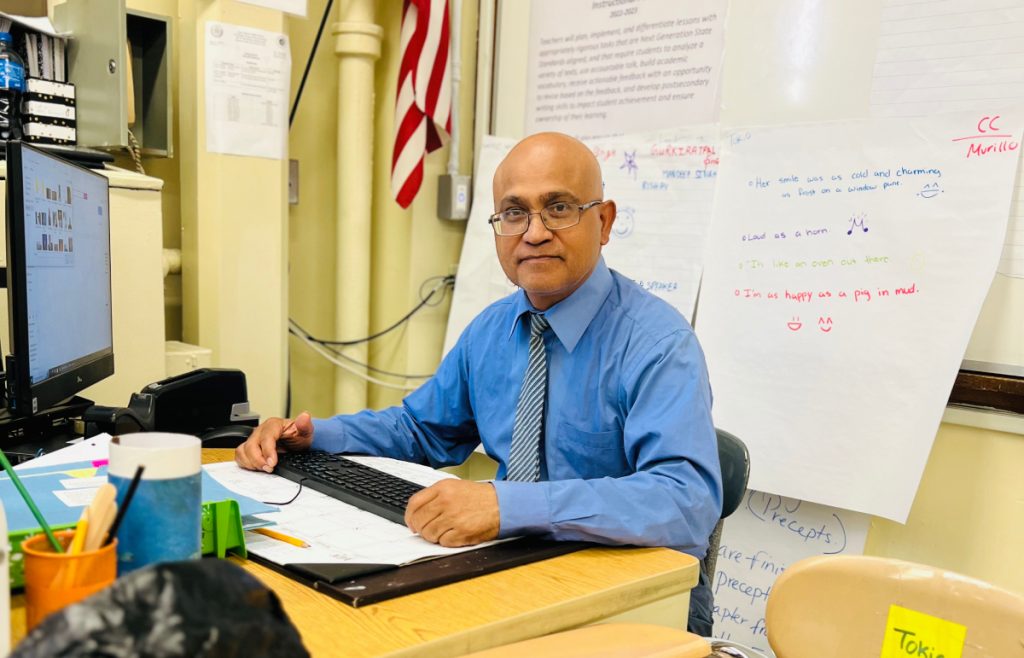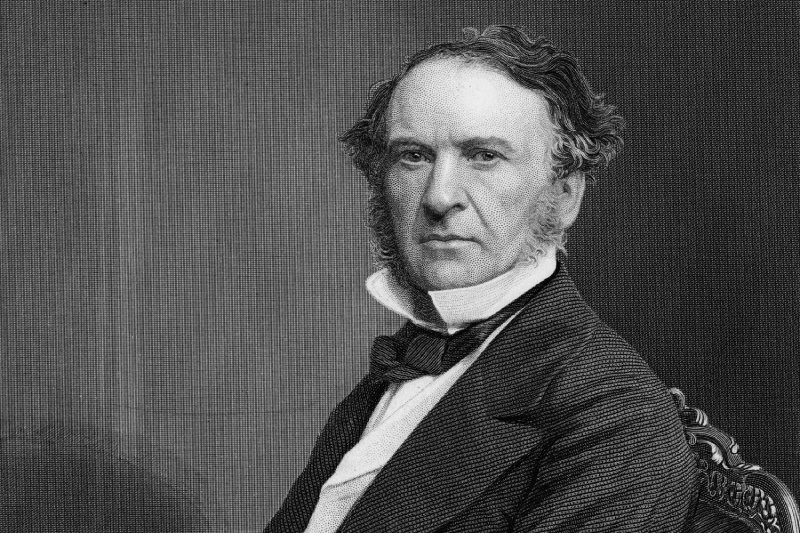The University of Guyana Program on Friday morning August 25, 2023 resulting in an apology for slavery and indentureship is praised. I write to commend and salute Vice Chancellor Prof Paloma Mohamed and Guyana Chair of African Slave Reparations Commission Eric Phillips for their accomplishment at getting apologies for slavery and indentureship by heirs of the Gladstone family at an event at the University of Guyana. The Gladstone family (progenitor John Gladstone) was the person behind Indian indentureship in the Caribbean and the owner of plantations and slaves in Guyana and Jamaica. John was the father of William Gladstone who served as Chancellor of the Exchequer of Britain for two terms and Prime Minister for four terms. The British government approved of the indentureship systems in Mauritius and Guyana that spread to dozens of colonies replacing slavery. Indentureship was called another form of slavery.
The apology is a historic major achievement for Dr. Paloma and Mr. Phillips — bringing heirs of the Gladstone family to Guyana and getting them to tender an apology for their involvement in the abominable slavery and indentureship systems (the latter relating to Indian laborers or girmityas from India). Dr. Paloma is cheered for a wonderful program at UG. She did a fantastic, exemplary job as chair of proceedings. While others were focused exclusively on slavery and Africans, she mentioned indentureship a few times and stated that there would be “… apology for slavery and indentureship of Indians, Portuguese, and Chinese”.
It was a highly significant event for UG in that it was an inaugural for the launch of a Migration and Diaspora Institute and the first for an apology on slavery and indentureship in Guyana. It was also the first time that there was an apology for Indian indentureship anywhere in the world. Apologies for slavery took place in several places in Europe and the Caribbean.
The overall UG program was very good with lessons to be learned on (balanced) ethnic inclusion as the events or activities leaned towards one ethnic group. Perhaps that was the intention. To be fair, as we learned from the remarks of Eric Phillips, the African Slave Reparations Commission was primarily responsible for the presence of the Gladstone heirs to Guyana. He met with them and he travelled to several parts of Europe to get apology for slavery. He did the lion share of the work, and as would be expected the proceedings at UG were African slanted. Phillips He informed that he traveled to multiple countries seeking apologies and reparations for slavery albeit with funding from the Guyana government and CARICOM. One would not, and it would be unreasonable, to expect him to champion reparations for indentureship or the native people; they should seek their own reparative justice. Regrettably, Indian scholars and activists and those of other groups lack official funding to seek reparative justice for indentureship and the indigenous people. Eric Phillips has been engaged in reparative justice work through the funding of Guyana government and CARICOM. Indian scholars and activists are forced to volunteer services to advocate on behalf of Indians, Chinese, Portuguese and Amerindians. Why isn’t government funding a movement for racial equity and inclusion? No government supports champions of reparation for indentureship but funding has been accorded groups championing reparation for slavery. For balance and equity. the Guyana government and other countries as well as CARICOM should seriously consider giving funding to groups pursuing reparation for indentureship. In this way, the indentured and the indigenous people can get their fair share of apologies and reparations. The question many ask is what is the government going to do to address the problem.
It would be dishonest not to recognize the work of Phillips. He met members of the Gladstone family and gratitude is expressed for his activism and pioneering work on African slave reparations. Justice for Africans underpins his activism, and he is recognized as a champion of Afro-Guyanese advancement relating to emancipation. There is no equivalent of Phillips or his activism among Indians or other groups relating to indentureship or indigenous struggle. He speaks for Africans. No one, and no Member of Parliament or politician, and no organization or political party speaks for Indians or other groups. The PNC and APNU speak for Africans and champion their cause.
Phillips and his organization and UG (through good office of VC Dr. Paloma) collaborated in securing the presence of the heirs of John Gladstone (the owner of slaves and the person who started Indian indentureship to British Guiana to replace the freed slaves on the plantations). No Indian organization was approached to be a collaborator or co-sponsor of the event. An African organization as a collaborator or co-sponsor was bound to lead to questions of ethnic equity and it did. Indian scholars queried why Indians were not included in the program and the planned apology.

I commend those who (Paloma and others) helped to negotiate the apology behind the scenes. There is one critique on the apology. The Gladstone gentleman (Charles) read an apology for slavery and indentureship after which Eric Phillips was requested to receive the signed document (memento). Phillips repeatedly stated that no Indian can represent or speak for Africans and vice versa. No Indian represented the descendants of indentured at the event. There should have been two signed documents – one given to a descendant of slavery and one to a descendant (activist) of indentureship.
On the program itself, there should have been more Indian involvement and that of other groups. Of several cultural performances, an Indian playing tabla in an African Caribbean song and musical ensemble and an Indian female dancing kathak in a fusion dance with another African dancer to African music is not the definition of equal space and ethnic equity. There were no Amerindians or Chinese or Portuguese in the program. Also, there were no Indian speakers (no Indian historians – not Pat Dial or Tota Mangar who lectured for decades at UG) not even about the institute that was launched. UG can and must do better. Members of each group are so tied to their own segregated world that they don’t think about the feelings of the other. The university must be sensitive to ethnic considerations in a divided Guyana in order to achieve “One Guyana”. It is not fair for the indentured and Amerindians to be footnotes and on the margin of the society or any multi-ethnic program at UG.
There is a press release of some 100K British pounds being donated by the family for activities in Guyana. The money should be distributed fairly to benefit all groups rather than exclusively to benefit the descendants of only one group. It is a multi-ethnic society, and there should be some kind of fair distribution of financing of programs to benefit all groups.
